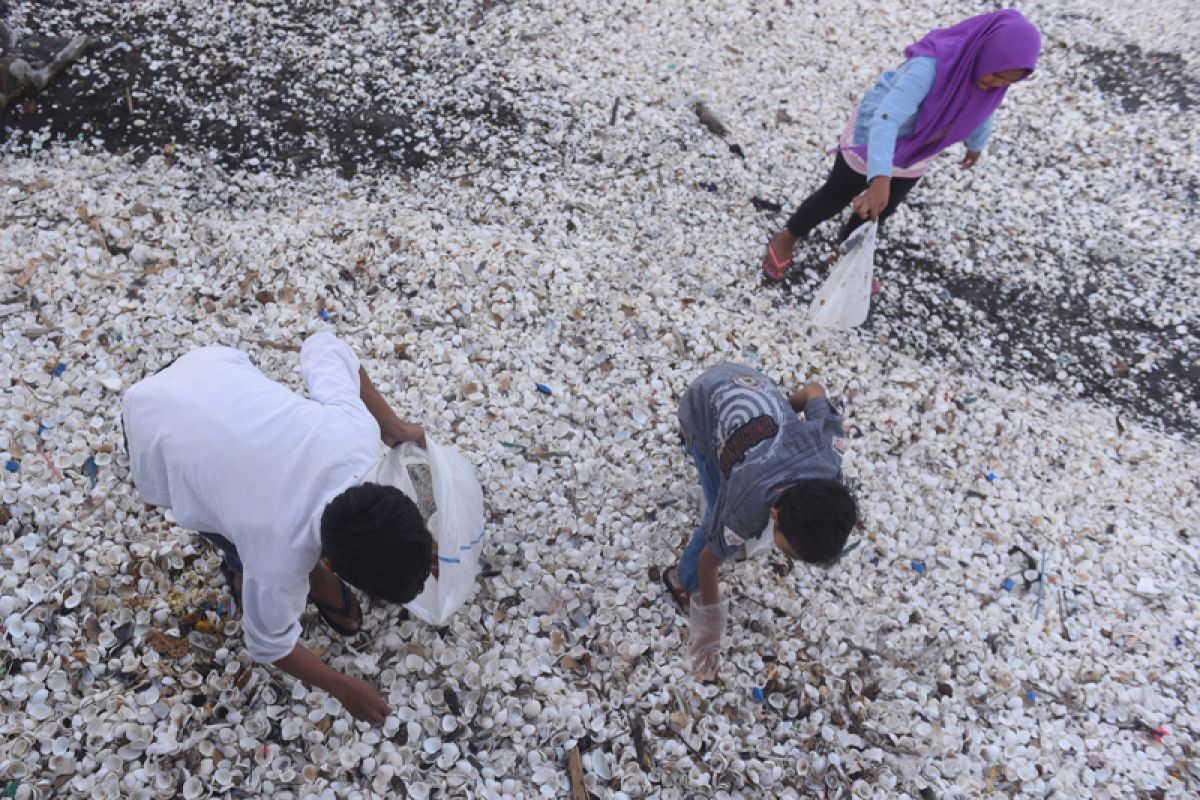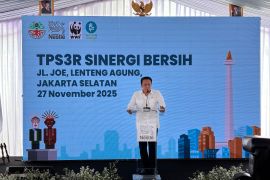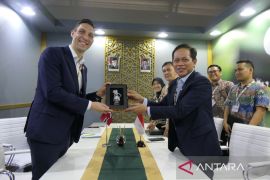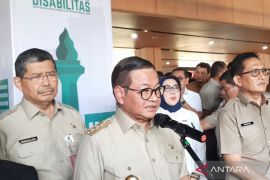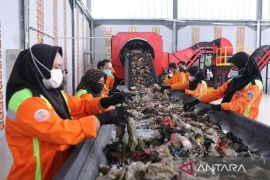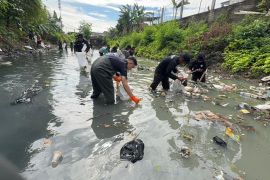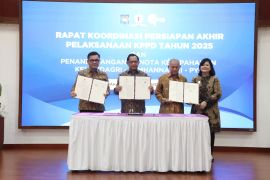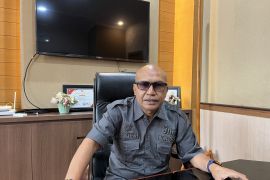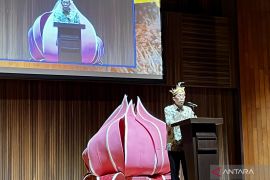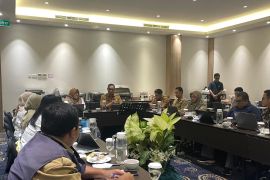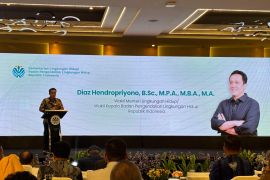Surabaya will be used as a pilot for waste management, but Risma claims that the goal is not as a pilot or for an achievnent, but rather to create prosperity of local people.
"The goal is not a pilot but for the welfare of the citizens of Surabaya and we will continue to improve it by not being complacent," Risma remarked here on Monday.
Earlier, the mayor of Surabaya explained that the management of hazardous and toxic waste (B3) is not an easy matter, so it must be considered and handled systematically, because if done carelessly, it will destroy the environment.
The statement that the city of Surabaya will be a model for the Ministry of Environment and Forestry in terms of waste management surfaced after a delegation from the United Nations Environment Program (UNEP) reviewed the processing of waste at Benowo and
Jambangan final disposal sites a few days ago.
Director General of Hazardous and Toxic Materiel Waste Management Rosa Vivien Ratnawati when meeting Risma at her official residence on Sunday explained that UNEP wanted to see the commitment and seriousness of Indonesia in the waste management.
In this case, Ratnawati remarked that Surabaya would be used as an example because it had done extraordinary things and had initiatives on waste management to be able to provide life for its people.
"Surabaya has succeeded in doing that and is ready to be used as a place for learning from international countries who will come here," Ratnawati said.
Further, she added that currently the Ministry of Environment and Forestry itself wants to make waste as something "secular economics", which means that waste is not a cost, but can be a resource for economic prosperity.
"We have seen that waste can be transformed into economical and useful things," she said.
*** 4 ***
Reporting by Abdul Hakim
Editing by Otniel Tamindael
Reporter: Antara
Editor: Andi Abdussalam
Copyright © ANTARA 2018
